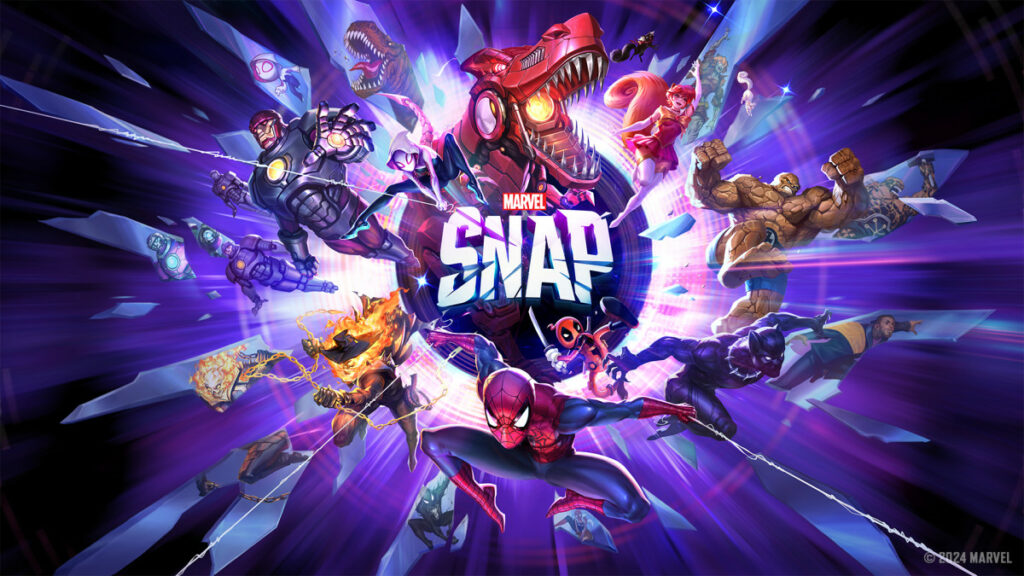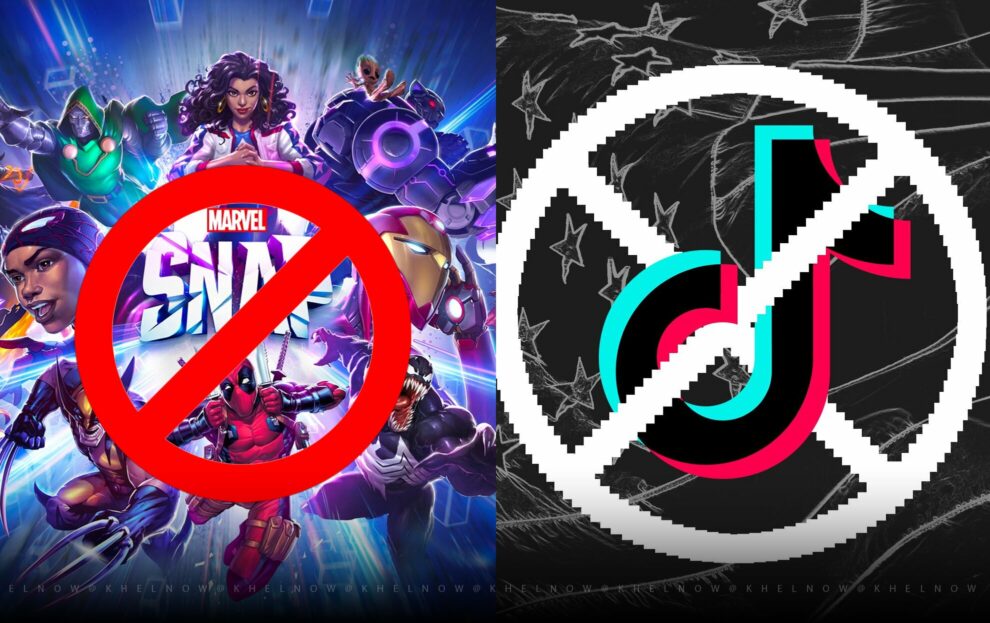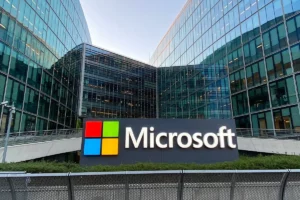Popular digital card game Marvel Snap has returned to service in the United States following a brief shutdown that affected multiple ByteDance-affiliated applications. Developer Second Dinner has confirmed the game’s restoration while announcing plans for a significant operational overhaul to prevent future disruptions.
The game’s interruption occurred as part of a broader shutdown that impacted several ByteDance-connected applications, including the widely-used social media platform TikTok, video editing application CapCut, and social networking service Lemon8. Marvel Snap‘s involvement stemmed from its publication by Nuverse, a ByteDance subsidiary, across Android, iOS, and Windows platforms.
Second Dinner has taken decisive action in response to the incident, announcing a strategic shift that includes partnering with a new publisher and bringing more services in-house. These moves represent a clear effort to establish greater operational independence and ensure service stability for their player base moving forward.
While the game’s core functionality has been restored, some challenges remain. Players currently cannot download the application from major platforms such as Google Play and the App Store, with Second Dinner acknowledging that full restoration of download availability will take time. Additionally, existing users are experiencing difficulties with in-app purchases, prompting the developer to implement a temporary solution through their web shop for credits, boosters, passes, and packages.
The broader context of this disruption involves recent political developments affecting ByteDance’s operations in the United States. TikTok, the company’s flagship application, managed to restore its services within 24 hours “in agreement with service providers.” However, other ByteDance applications, including CapCut and Lemon8, remain unavailable in the US market.
The situation has been further complicated by recent political developments. President Donald Trump, upon returning to office, implemented a 75-day pause on legislation that would have banned TikTok in the United States. This decision was motivated by concerns about properly assessing the national security and foreign policy implications of the act’s prohibitions before implementation.

This incident highlights the increasing complexity of operating gaming and entertainment applications in an environment where corporate ownership and international relations can significantly impact service availability. Second Dinner’s quick response and strategic pivot demonstrate the growing importance of operational independence in the digital gaming industry.
For Marvel Snap players, the restoration of services marks a positive development, though the lingering issues with platform availability and in-app purchases indicate that full normalization may take additional time. The developer’s transparency about these challenges and provision of alternative solutions through their web shop shows a commitment to maintaining player engagement during the transition period.
The situation serves as a case study in the vulnerabilities that can arise from publisher relationships and international business connections in the modern gaming industry. Second Dinner’s proactive approach to restructuring their operations suggests a growing trend toward service independence among game developers, particularly those operating successful properties with global appeal.
As the situation continues to evolve, the gaming community will be watching closely to see how Marvel Snap’s new operational structure takes shape and whether other developers with similar international publishing arrangements might follow suit in seeking greater autonomy. The incident may well serve as a catalyst for broader changes in how mobile games are published and operated in markets affected by international business regulations.
















Add Comment